If maintaining friendships feels challenging for you, this will be important to read. Losing friendships cuts deep. For those of us raised with traumatic experiences, it’s alarmingly common to enjoy a new connection yet live with the constant dread that sooner or later one of us will ruin it. That fear keeps us from trusting others and from allowing real closeness. The tricky question is this: are the problems coming from them or from you? Confusion about whether you’re tolerating mistreatment or whether you’re the one pushing others away is a hallmark of trauma. Today’s letter comes from a woman I’ll call Ashley. She writes, “Hello, Anna. I’m struggling with a repeated pattern of fraught relationships and I’d value your perspective.” Fine — I’ve got my pen ready. I’ll read what Ashley shared, mark the parts to revisit, and try to understand her situation. She explains, “I grew up in a household marked by neglect and emotional abuse, with both parents struggling with substance issues and eventually divorcing when I was a child. My history shows many behaviors often linked to complex PTSD — promiscuity, alcohol misuse, getting triggered, and intense emotional reactions to situations that don’t seem to warrant them, among other things. I’ve spent years studying myself, made substantial progress, and still have work ahead. Beyond the general neglect and parental abuse, I’ve long suspected additional trauma I can’t clearly remember. Many of my behaviors look like those of someone who endured worse abuse, if you get what I mean, though I have no direct memory of it. At age 53, I’m almost at peace with not knowing the entire story; instead, I focus on how that unknown has influenced my life. Because of my upbringing and a lifetime of puzzling over choices and enduring a sense of defeat and pain, I’ve often felt isolated and found it hard to form healthy bonds — both romantic and platonic. I’ve had many people in my life who weren’t good friends or partners, and I’ve come to realize that’s a symptom of my hurt. I let many people in without careful judgment — either I didn’t see the unhealthy dynamics or I feared being alone. Obviously, those relationships deteriorated over time. Here’s my dilemma: my mother frequently let people into her life, celebrated those friendships, and then abruptly cast them aside, sometimes over things that seemed trivial to me. It always felt like she couldn’t tolerate real intimacy or the work of maintaining relationships, so she invented a ‘good reason’ to push people away. Years ago a friend told me she ended our friendship for that very reason — she felt I was inclined to push people away and didn’t want to be the next casualty. That surprised and alarmed me, and I’ve long examined whether that tendency exists in me too. The relationships I imagined my mother was referring to seemed, to me, like ones I needed to leave — they featured poor boundaries, unkind dynamics, me shrinking myself, mental illness, and the like. In other words, I thought I was releasing relationships that were genuinely harmful. Now I’m at a crossroads, yearning for a couple of mutual, healthy, nurturing friendships, but I worry my relationship radar is off. I’ve become more discerning about who I allow close, and I think I can accept people’s imperfections and be realistic about the roles they can play in my life. Still, I wonder if I’m too quick to judge others and too ready to end relationships. I’m on the verge of adopting a new way of being, and there are a couple of friendships I’m uncertain about. Sometimes I’m clear whether they’re beneficial; other times I’m not. What do you think? How can I feel more confident deciding who to welcome into my life and who to keep at a distance?” I thought that was a beautiful query, so I asked Ashley for two or three concise examples of friendships she ended but now questions, and she kindly provided them. She didn’t say which friendship prompted her former friend to accuse her of pushing people away, but she guessed it might refer to a few possibilities. The first: she had a next-door neighbor with bipolar disorder who hadn’t disclosed her mental health history. They became close, shared meals and childcare. Ashley noticed inconsistencies in the neighbor’s stories but overlooked them because she was lonely raising two children alone and appreciated having someone nearby who was available. When the neighbor’s symptoms resurfaced, things became confusing and stressful. Incidents occurred that involved both their children and eventually her neighbor’s child went into protective custody. (This is the first mention of Ashley’s kids, by the way.) The second: a college friend who made Ashley feel inferior, as if Ashley’s presence simply boosted that friend’s appearance of being more together. Ashley didn’t abruptly end that friendship; it faded as she stopped playing that role. When that friend moved away and married, she was furious with Ashley for not traveling across states with her toddler to attend the wedding — after which the friendship dissolved completely. Regarding the present relationship causing concern, during the pandemic Ashley hired a friend at a small nonprofit she ran for a wealthy but mentally unstable woman. She hesitated at first and expected the arrangement to be temporary, but the friend stayed nearly five years. Ashley repeatedly tried to explain the challenges of working for an unwell employer, yet her friend never truly grasped the situation and instead became involved in a damaging triangular dynamic between the employer, the friend, and Ashley. When the employer decided she wanted Ashley out earlier this year, the friend let Ashley take the blame for many behaviors the friend herself had displayed, and she revealed private family information Ashley had explicitly asked her not to share, confident it could be weaponized against her. Together, the employer and the friend devalued Ashley, leveling criticism and accusations that felt invalid and sometimes imagined. Ashley believes her friend may not fully comprehend her own behavior even after being fired six months after Ashley left. When Ashley tries to talk with her, the friend often appears confused or defends the employer’s actions with overly charitable explanations that don’t match what actually happened. All this has made Ashley question whether she should keep this friendship. She also wonders whether her uncertainty stems from a faulty relationship instinct — fear of intimacy, or an inclination to ruminate endlessly on what she might have done wrong and how to fix it. Maybe it’s a mixture of those things depending on the situation. She finds it hard to tell when to try harder, when to accept things, or when to step back because a relationship is unhealthy or finished. That was Ashley’s letter. I found it rich and relatable — so many people are midway through healing yet still pull friends into patterns that echo old wounds, and it’s confusing to know how much of the issue is one’s own overreaction. Asking a trusted person for a second opinion — “Am I overreacting?” — is sensible and healthy. About her mother discarding friends, it’s hard to be certain about someone from the past who wasn’t fully present; there could be many explanations. But looking at the friendships Ashley described, each situation had clear reasons to end or distance, and sometimes creating distance is constructive: it opens space to figure out what happened, whether it’s a recurring pattern, what role you played, or whether you stayed too long or left too soon. Ashley herself acknowledged it’s probably a mix of influences, which is common for people raised without steady guidance; it explains why we become so reactive to people leaving or disappearing. Over time, gaining awareness of our triggers helps us respond more realistically instead of catastrophically. Overall, Ashley sounded reasonable. There’s a common phenomenon when someone begins to heal: friends who were compatible with an earlier, wounded version of you may feel unsettled or abandoned as you change. Sometimes those friends were comfortable with a shared narrative of struggle, and your transformation challenges their reality, making them react defensively. Healing is powerful because it reveals both the actions that created problems (which you can change) and the actions you cannot change in others. If you contributed to a difficulty, that’s liberating because it suggests a pathway to improvement. If someone else caused the harm, you can’t control them — only decide how to respond and who to let into your life. Surround yourself with beneficial influences: reliable friends, good books, learning opportunities, and not just passive distractions. Reading spiritual, philosophical, or ancient wisdom can be grounding — many of the deepest insights about human nature have been refined over centuries and can help clarify how to live and whom to allow near you. People belong in our lives for different reasons: some because we care and support them without expecting equal reciprocity, some because we have obligations (parents, children, spouses), and some simply because loneliness pushed us to accept what was available. Ashley demonstrated self-awareness in admitting she entered relationships with people she didn’t truly approve of; that doesn’t make her a bad person, just someone responding to needs in imperfect ways. Using companionship for company isn’t the end of the world, but you can change how you choose connections going forward. There’s also a pattern where some people repeatedly rush into relationships and then discard others; that’s typically driven by wounds, and those who tolerate such behavior often bring their own vulnerabilities, like loneliness. As you heal, the kind of people who enter your life will shift. Relationships play a role in healing — we learn through them — though I resist the simplistic idea that abusers are always ‘teachers.’ What helps is observing mistakes, recognizing how people operate, and spotting red flags earlier when you’re alert and not numbed by substances or entangled in dramas. Reviewing Ashley’s examples: the neighbor who lost custody — when you have children, it’s reasonable to step back from people who pose risks to them. The college friend who provoked feelings of inferiority and then punished Ashley for not attending an expensive wedding — that hardly seems like a healthy, reciprocal friendship. And the complicated work friendship with the unstable employer — mixing friendship and employment is often fraught, and working for a wealthy, mentally ill benefactor can create toxic dynamics where people cling for status or money. Financial need can make it hard to uphold principles; many people make compromises to get by, especially when supporting children. But Ashley is now in a new phase of awareness, which is precious. When a protective, clarifying awareness arrives in our lives, we should honor it by safeguarding ourselves and releasing relationships that are harmful. Commit to learning what healthy relationships look like through therapy, support groups, or communities focused on connecting and repairing relational skills. I recently completed an advance copy of my new book Connectability: Heal the Hidden Ways You Isolate, Find Your People, and Feel at Last Like You Belong. Part of forming meaningful connections is discerning who to let in, which sometimes means ending ties that simply don’t fit. As you clarify what you truly need — trustworthy people who understand you and support your highest good — you’ll be better at recognizing who belongs. A true friend cares about your well-being and, through familiarity over time, can genuinely advocate for what’s best for you. We can’t expect that level of care from someone we’ve just met; building trust takes time. Traumatized people often misjudge how long intimacy requires and can be burned by rushing. Your examples are sensible; whatever your friend reacts to likely reflects her own issues. If someone resists your choice to leave toxic relationships, they might not have your highest good in mind. Keep defining what is good and right for you, pursue ongoing growth, be willing to learn, and allow yourself to make and own mistakes — apologize when needed — so your character strengthens. With that steadiness, you can say with confidence, “I know my judgment and with this person I simply don’t feel good.” If you’re wondering whether childhood neglect or abuse still shapes your life, it’s helpful to recognize the signs so you know your struggles are understandable and repair is possible. You can take a quiz to see whether what you’re facing might be linked to childhood PTSD by using the top link or QR code mentioned earlier. A practical test of how people affect you is to notice how you feel after spending time with them: do you leave feeling uplifted and energized, or do you feel drained, depressed, or vaguely ashamed? Sometimes that vague shame is a leftover effect of unresolved trauma, but often it signals a mismatch with someone. Discernment — which Ashley already named — grows over time. It arrives through trial and error, boundary-setting, honest communication, and a steady effort to improve how you show up in relationships. Keep learning, keep trying, and keep aiming to be someone who can give and receive kindness and truth. Wishing you the best on this path.
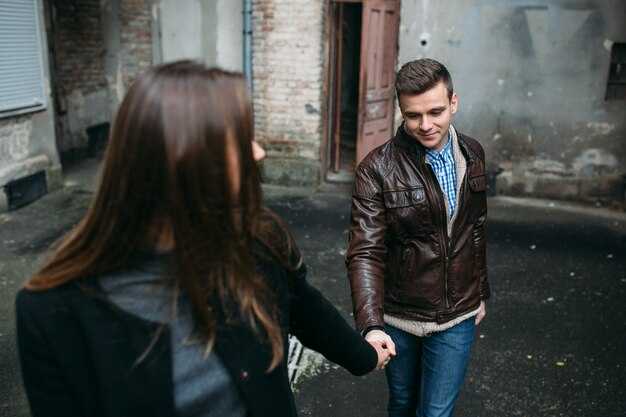


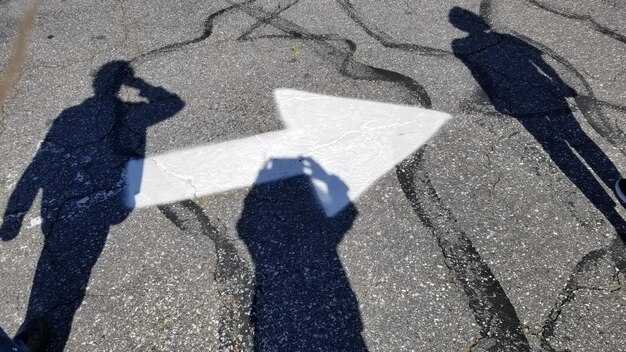 Here’s Why You KEEP Pushing People Away… (Even When You Want Connection)">
Here’s Why You KEEP Pushing People Away… (Even When You Want Connection)">

 Limerence Is Toxic Fix for Lonely, Joyless Life (4-Video Compilation)">
Limerence Is Toxic Fix for Lonely, Joyless Life (4-Video Compilation)">
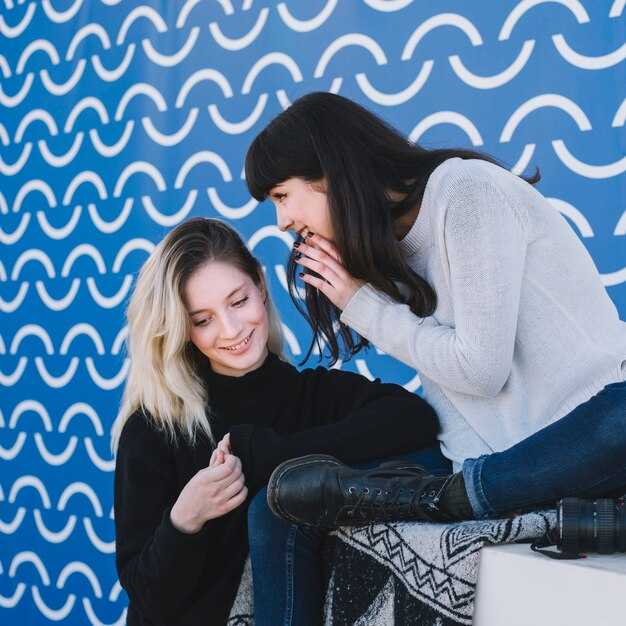 FWB & Attachment Styles: The Unexpected Connection">
FWB & Attachment Styles: The Unexpected Connection">
 Recognizing and Escaping Toxic Friendships (4-Video Compilation)">
Recognizing and Escaping Toxic Friendships (4-Video Compilation)">
 You’re NOT Overreacting — This Is Exactly How They Silence You">
You’re NOT Overreacting — This Is Exactly How They Silence You">
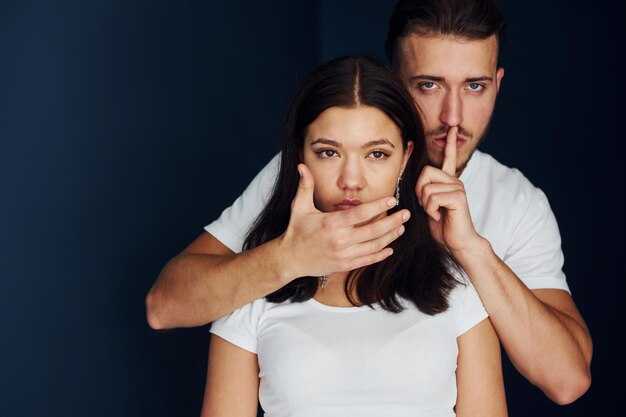 ">
">
 10 Emotional Regulation Strategies for Everyday Life">
10 Emotional Regulation Strategies for Everyday Life">
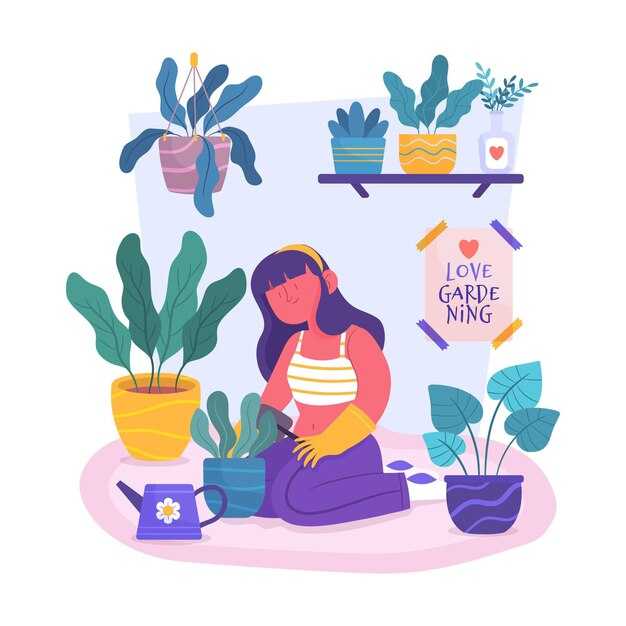 Is your Wife Addicted to Plants?">
Is your Wife Addicted to Plants?">
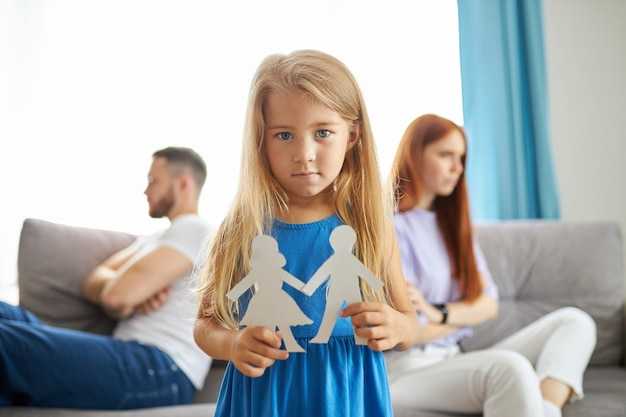 Only the default parent will understand.">
Only the default parent will understand.">
 7 Habits That Easily Re-Ignited Her Arousal">
7 Habits That Easily Re-Ignited Her Arousal">
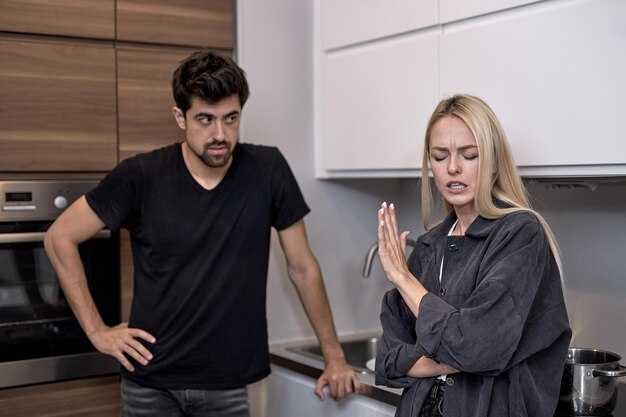 Should I break up with him?">
Should I break up with him?">